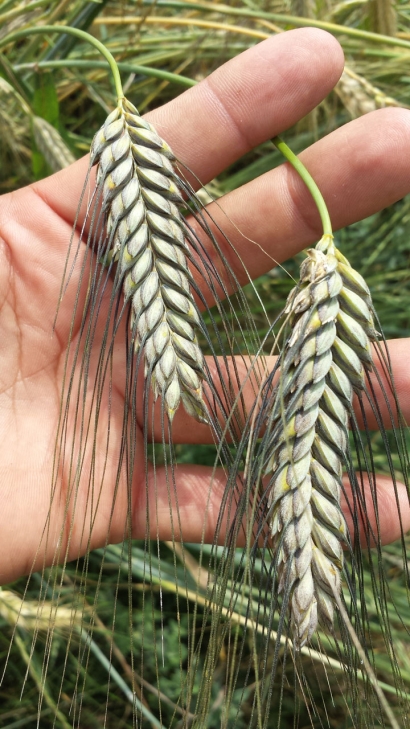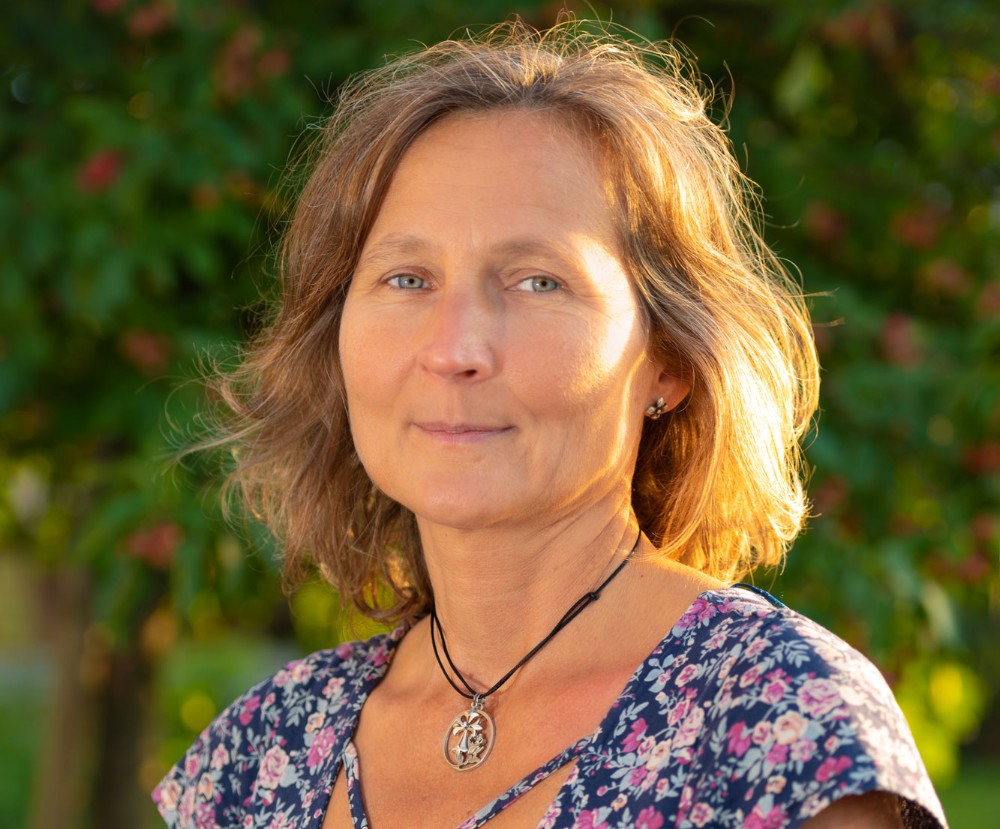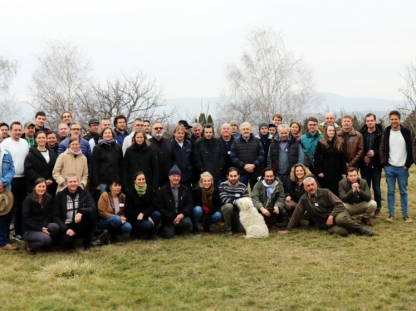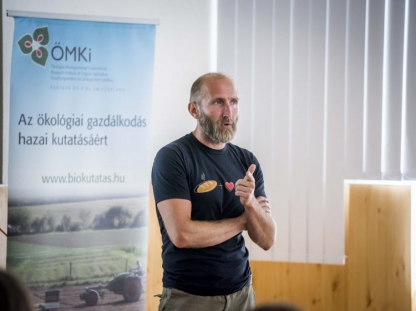What are hullet cereal species?
Spelt (Triticum spelta L.), emmer (Triticum turgidum subsp. dicoccum Schrank), and einkorn (Triticum monococcum L. subsp. monococcum) wheats are classified as hulled minor or ancient cereals, due to their generally small production areas and their cultural-historical significance going back thousands of years. During the last century, their production significantly decreased, particularly because they are not well suited to the requirements of intensive cereal cultivation.
These varieties can typically be cultivated on poor quality soils or under extensive conditions, and their nutritional indicators are also different from those of modern bread wheat and they often contain other protein structures as well. For example, not all ancient grains are appropriate for baking bread, but some are excellent ingredients for dry pasta (emmer) or biscuits (einkorn). Several bioactive compounds, vitamins and trace elements can be found in these varieties in higher concentrations. Their yield is usually lower than that of more intensively cultivated bread wheat varieties. Minor cereals represent an important opportunity on the market for organic farmers, and a valuable alternative in food consumption for health conscious and eco-friendly buyers or even gastronomy enthusiasts.
Ancient grains for the diversity of the food product chain
- Ancient grains can be cultivated on extensive areas with less effort and less risk, which means they fit well into organic farming, increasing its profitability.
- By reintroducing ancient wheat species into production, we can help increase agricultural biodiversity and make arable cultures more diverse.
- Due to their wide genetic background, ancient grains can broaden the basis of organic cereal breeding, and they also allow the development of populations adapted to specific environments.
- Thanks to their more diverse genetic background ancient cereals may respond better to extreme weather conditions, and might be more resilient to climate change.
- By developing a value chain for foods produced from ancient cereals varieties, a healthier and more varied consumer culture can be established.
Our tests
- We evaluate weed suppressing ability and general characteristics during visual inspection of plants in different phenophases.
- We investigate the resistance of regional varieties to diseases and tolerance of abiotic stress, as well as yield stability.
- We measure grain nutrient content, especially quantitative and qualitative properties of proteins and gluten.
- We analyze mycotoxin concentration in the harvested crop.
- We explore processing options and the potential for product development.
Our results
- We complemented the testing of registered Hungarian hulled cereal species with the investigation and propagation of less well-known regional varieties.
- We have tasting sessions where we ask consumers and bakers to evaluate products made from hulled cereals (breads and pastries).
- We were involved in two international research projects (Healthy Minor Cereals, DIVERSIFOOD), which allowed us to test and propagate minor cereals in cooperation with the ATK Nyíregyháza Research Institute of the University of Debrecen in small-scale field experiments. We have also tested on an industrial scale since 2017.
- In our comprehensive technical publicationentitled “Ökológiai gabonatermesztés” , we aimed to incorporate our results on cereal variety testing and the past experiences of participants as well.





.jpg)





